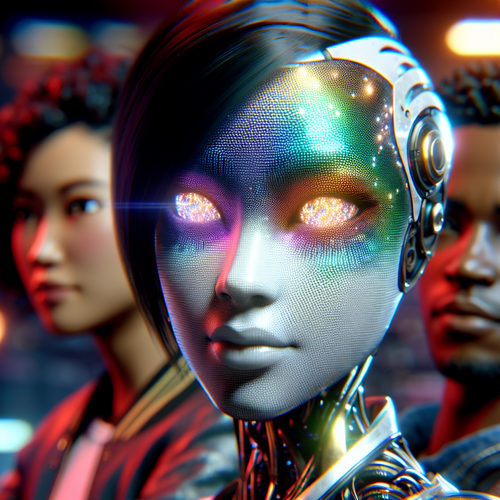
The Future of AI in Game Development: Trends to Watch
The Future of AI in Game Development: Trends to Watch
As the gaming industry evolves, artificial intelligence (AI) stands at the forefront, driving innovations that enhance gameplay and player experiences. From smarter in-game characters to procedural content generation, AI is reshaping the landscape of game development.
AI-Powered NPCs
Non-player characters (NPCs) have traditionally followed simple scripts, giving players a predictable experience. However, with advancements in AI, NPCs can now exhibit more realistic behaviors, adapting their actions based on player interactions.
- Behavioral Trees: Developers are utilizing behavioral trees to create intricate decision-making processes. This allows NPCs to evaluate multiple factors when deciding how to react to player actions.
- Emotion AI: Emotional intelligence in NPCs can lead to more engaging interactions. Characters can respond differently based on the player’s emotional state, creating a unique experience for each player.
Procedural Content Generation
AI’s potential also shines in procedural content generation, which automates the creation of game levels, environments, and scenarios. This can significantly reduce development time and create vast, unique worlds for players to explore.
- Dynamic Environments: With AI algorithms, game environments can change in real-time, providing players with fresh experiences each time they play.
- Quest Generation: AI can generate quests and stories based on player behavior, ensuring that no two gaming sessions are identical.
Enhanced Testing and QA
Quality Assurance (QA) processes in game development can be labor-intensive and time-consuming. By integrating AI, these processes are becoming more efficient.
- Automated Testing: AI can simulate player actions, identifying bugs and glitches faster than human testers.
- Player Behavior Analysis: AI can analyze gameplay data to identify issues or areas for improvement, leading to better-informed development decisions.
AI in Game Design
AI is also influencing the design aspect of games. Designers are using AI tools to enhance graphics, create realistic animations, and develop soundscapes that increase immersion.
- Realistic Animation: AI-driven animation tools can create lifelike movements based on real-world physics and player interactions.
- Adaptive Soundscapes: AI can generate sound effects that react to the gameplay, using data to create an immersive auditory experience for players.
Challenges Ahead
Despite the promising future of AI in game development, challenges remain. Ethical considerations, bias in AI algorithms, and ensuring the balance between automation and human creativity are critical discussions that developers must address.
For insights into other areas where AI is making waves, check out our post on The Impact of AI on Software Development Practices.
Conclusion
The integration of AI in game development is not just a trend; it’s the foundation for the future of interactive entertainment. As developers embrace these technologies, players can expect more personalized, immersive, and engaging experiences that transcend traditional gaming boundaries.
Stay tuned for more updates on how AI continues to shape the tech landscape!













